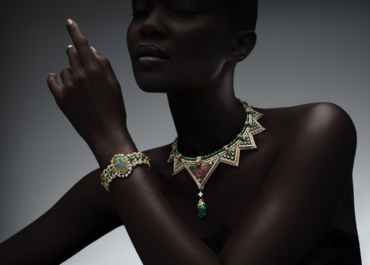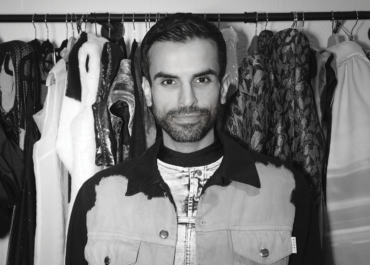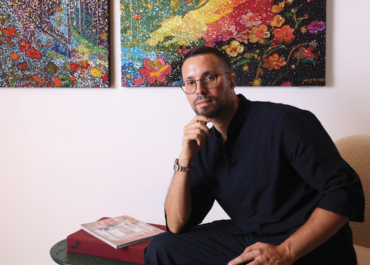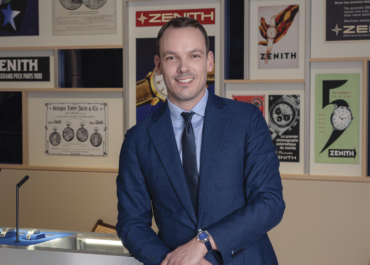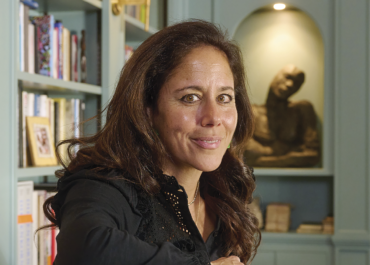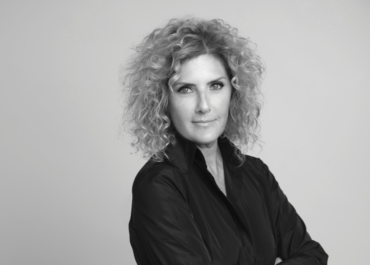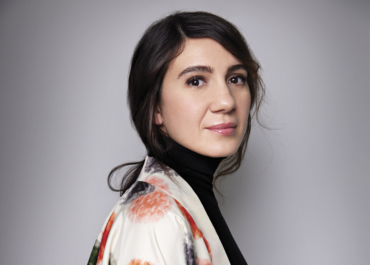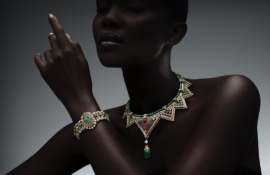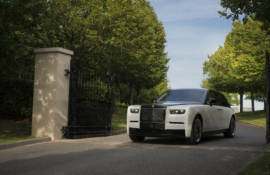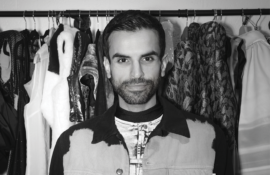With a career that spans continents and cuisines, Chef Kelvin Cheung has built a reputation for turning food into storytelling.
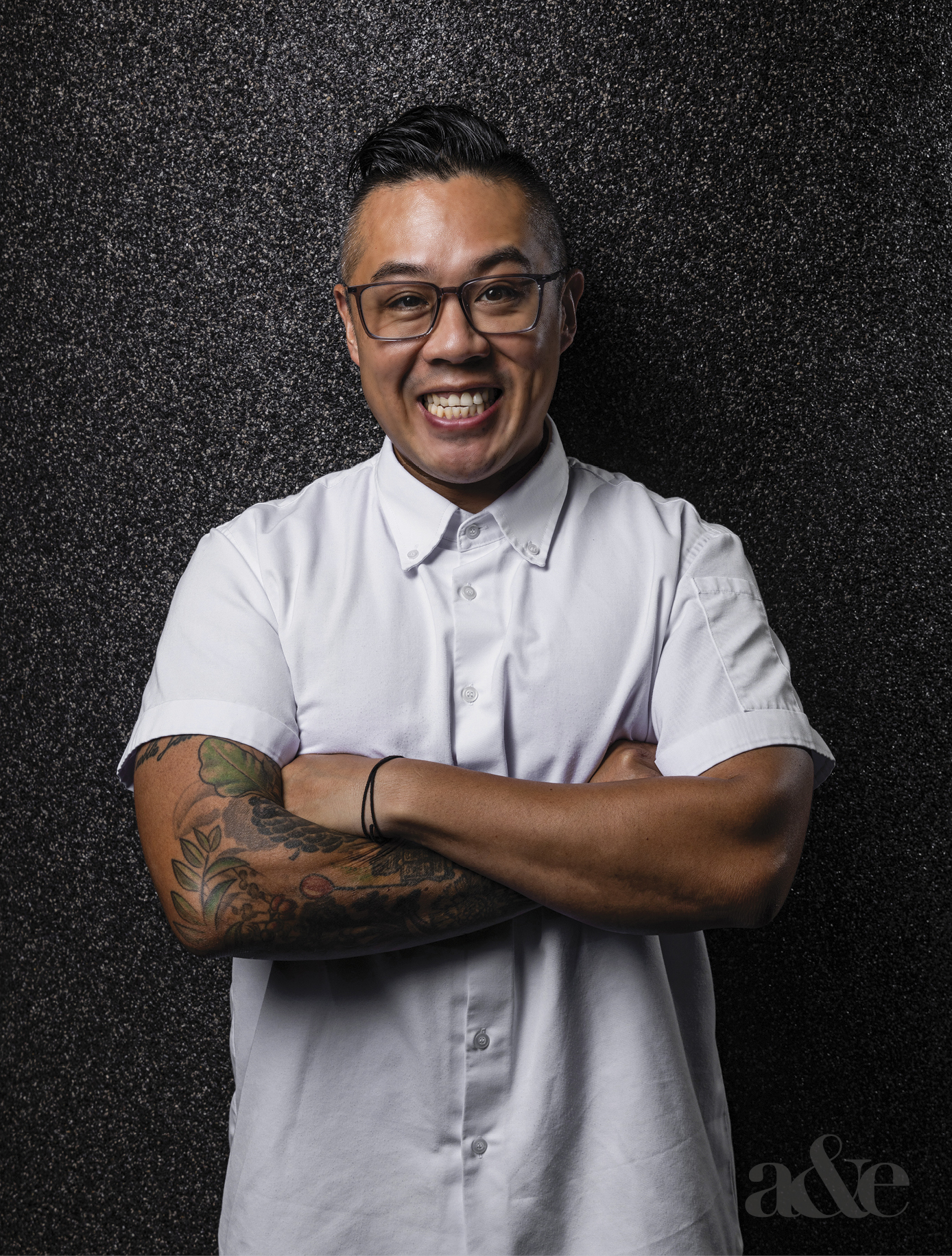
From his early days in his family’s bustling Cantonese restaurants to formative experiences in Europe and North America, Cheung has always sought to create dishes that connect people, culture, and memory. In 2021, he brought that philosophy to Dubai, co-founding Jun’s with Neha Anand, a restaurant rooted in personal narrative, cultural fusion, and an unwavering respect for ingredients. Here, Cheung talks about his journey, culinary philosophy, and how Dubai has become both his professional playground and personal home.
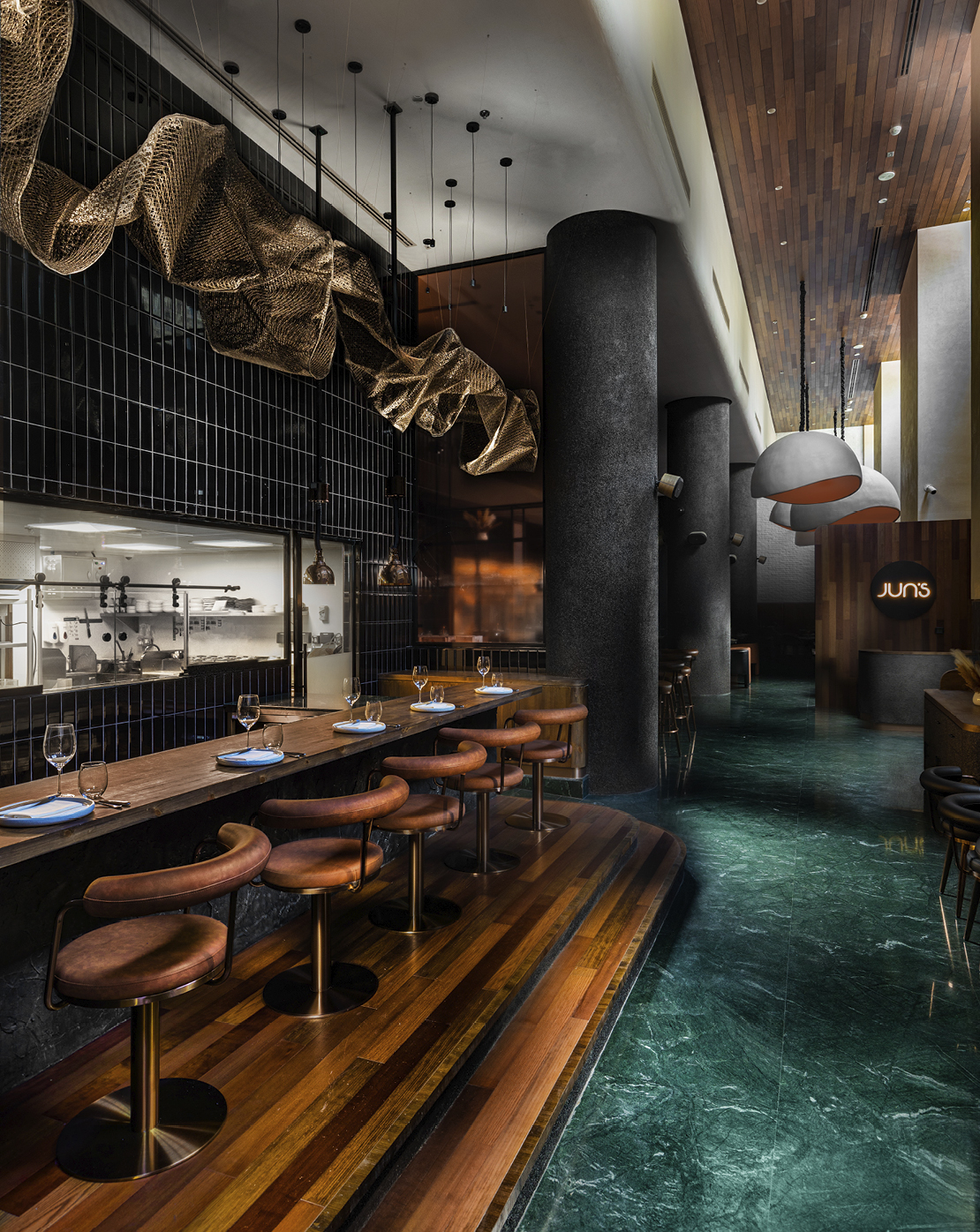
You’ve worked in some incredible kitchens around the world. What inspired you to eventually launch Jun’s in Dubai?
The first time I visited Dubai in 2016 was on a market analysis visit. Five years later, I moved to the UAE in May of 2021 after watching the hospitality business crumble in every corner of the world. When Neha Anand of Three Layer Hospitality and King’s Group Ventures reached out to me about moving to Dubai to open the restaurant of our dreams the city was already on my radar with fellow chefs in the industry in the city vouching for the relative strength of hospitality in the city, incredible handling of covid by authorities, and encouraging me to explore a move here. To say the least, it turned out to be an excellent decision. Dubai has so much to offer, not just as a chef but also as a father. Neha and I are building our dreams together at Jun’s, our first home in Dubai.
As the cooking is profoundly personal, the name comes from my son’s Chinese name: Jun Jun Wai. It just so happens Neha’s son is Arjun, so it represents both of our children as well as both of our priorities – our family and work – perfectly.
How would you describe your culinary philosophy in just a few words?
For me, cooking is about storytelling. Honouring where we come from, pushing boundaries, and building connections through food that is thoughtful, disciplined, and deeply personal.
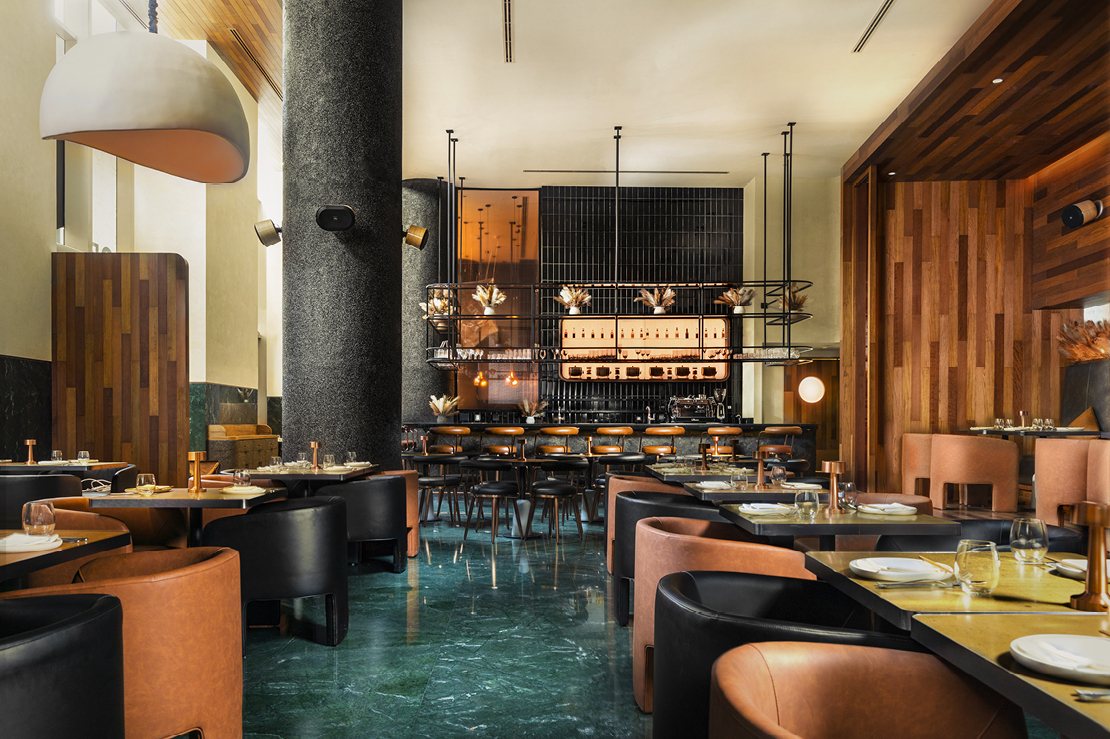
Was there a defining moment in your career that shaped the chef you are today?
When I look back on the turning points in my career, my mind always returns to Dinant, a quiet town in Belgium where I took my first job outside my family’s kitchens. Until then, I’d grown up in the rhythm of Cantonese banquets and bustling dim sum dining rooms. Dinant was different. The restaurant had its own garden and a pond where we kept trout for our signature dish, Truite en Bleu.
Each order meant running to the pond, netting a fish in full view of diners, then carefully preparing it from pond to plate. It was humbling, intimate, and sacred — a reminder that cooking is not just technique but a relationship between land, product, chef, and guest. That experience forever shaped how I cook and how I honour food.
Today, whether I am cooking in Dubai, collaborating with chefs around the world, or working on a new tasting menu at Jun’s, I carry that lesson with me. I look for the most pristine, beautiful ingredients I can find, not just because they taste good, but because they deserve to be treated with respect. I want my guests to feel that same connection. To know that what’s on their plate has an origin story and that it was prepared with care, love, and gratitude.
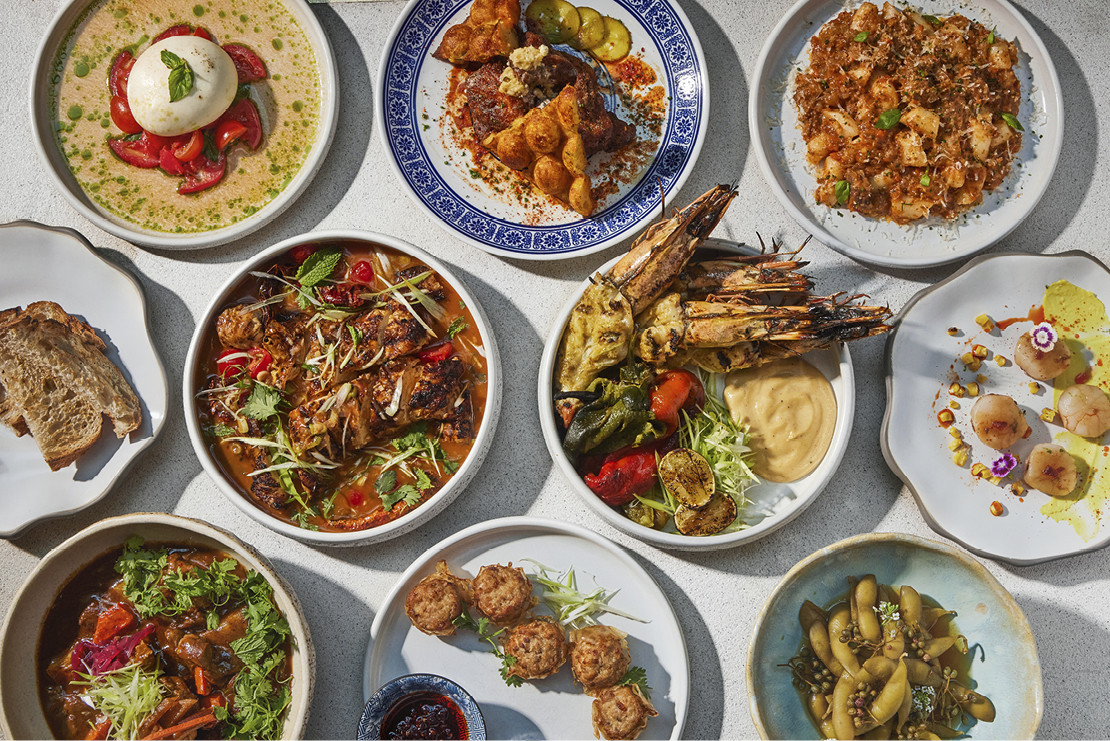
How do you balance innovation with honouring tradition in your dishes?
Third culture is being caught between cultures. I’m celebrating a unique perspective and creativity that comes from straddling multiple cultural worlds. The food at Jun’s is my life on a plate. I do not worry about maintaining the authenticity of a dish. Every family has its own version of a particular area’s authentic dish. Who are we to judge which is more authentic? I think that keeping boundaries on food, or for that matter, people, does a disservice.
Dubai is home to such a diverse dining scene. How does Jun’s stand out in a market full of global culinary talent?
Innovation, consistency, quality. Our hospitality is also a huge driver. The dishes are profoundly personal, and we try to personalise wherever possible – from fortune cookie messages to altering dishes to fit customers’ dietary requirements. People really connect to our food through our storytelling, and I think that is a key differentiator for Jun’s.
Because the Dubai food scene offers top-quality food and service in every corner of the city, it keeps my team and me motivated to deliver excellence with every experience. There are very few places in the world that cater to such a diverse set of people. With that being said, when creating a menu, I have to ensure we have options for everyone to allow an inclusive experience for diners. The most important thing for Jun’s menu is to keep creating and innovating new, fun dishes that are seasonal and also inclusive, giving the Jun’s experience for everyone.
Many of your dishes blend unexpected flavours and influences. Can you tell us about your creative process when developing a menu?
My menu is an ode to the North American Asian food I grew up with, served in a modern format. I’ve reimagined my favourite dishes and flavours across the entire continent and tell my story through the food with each of my dishes. You’ll see very traditional Chinese flavour combinations using the French techniques I learned during my time in Belgium. You’ll find traditionally considered European dishes like Burrata, or tortellini, paired with unusual flavours like mapo.
My creative process always starts with a thought, a memory, or a craving, usually something nostalgic that connects me back to my roots. From there, we build the dish around a single ingredient, always searching for something unique, local, sustainable, and seasonal. Those memories and flavours become the foundation, and then we layer in technique and a modern approach to create something that feels both familiar and new.
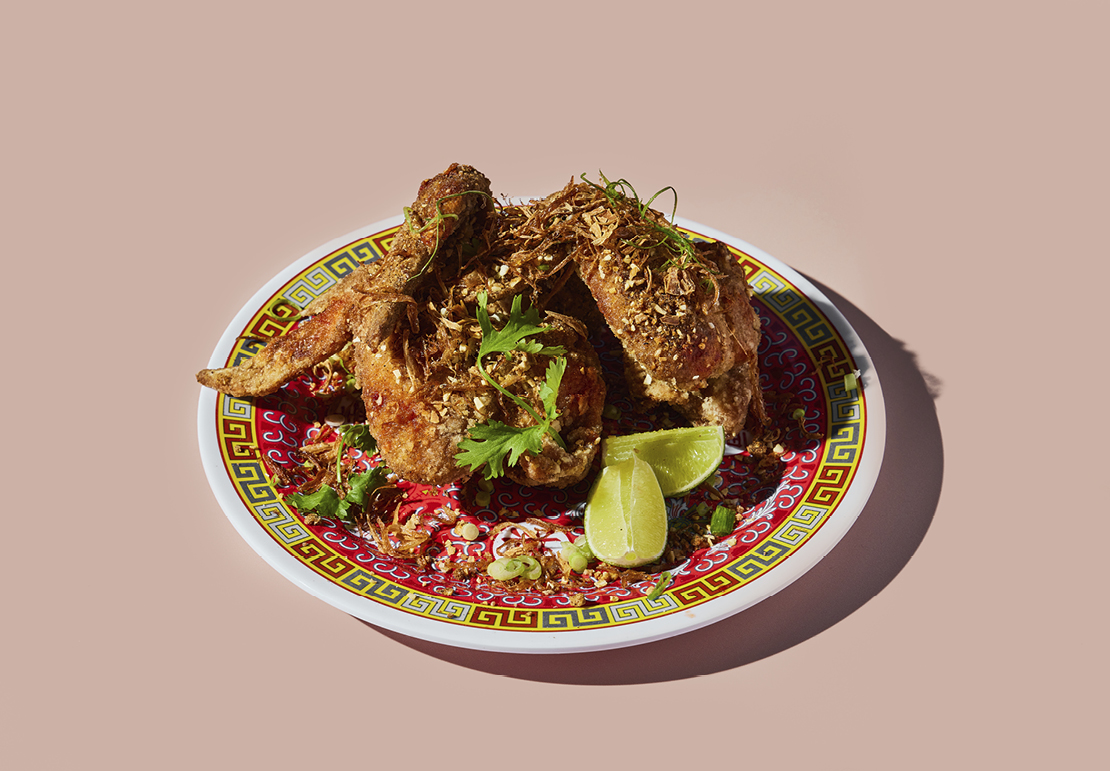
Tell us about your fast-food concept, Jooksing.
Serving up a fresh, casual take on Chinese American favourites, Jooksing brings nostalgic classics to Dubai’s fast-casual dining scene, made with top-quality ingredients and an easy-going spirit to match. At Neighbourhood Food Hall in Motor City and available across all major delivery aggregators, Jooksing offers everyday comfort food, made better. The menu is packed with flavourful ingredients and prepared with what you could say would be my unmistakable twists. Being a name that carries layers of cultural meaning, Jooksing (竹升) reclaims a once-loaded Cantonese slang term historically used to describe Chinese Americans – “hollow bamboo,” neither fully Chinese nor fully American. Today, we are using the term as a celebration of in-betweenness: the sweet spot where tradition and innovation collide.
What have been some of the biggest challenges of opening a restaurant in Dubai?
• High Overheads & Start-Up Costs: Dubai is an expensive city to do business in, from rent and fit-out costs to licensing fees and utilities. Building a restaurant that meets the city’s expectations for design and experience requires a significant investment, and you need to be ready for that level of financial commitment.
• Finding the Right Location: Prime locations are scarce and highly competitive. The right site can make or break a concept, so securing a spot that matches your brand’s identity, footfall needs, and accessibility is one of the most difficult early hurdles.
• Recruiting & Retaining Skilled Talent: Hiring is a constant challenge. With so many luxury hotels, fine-dining venues, and international brands in the market, attracting and keeping top talent like chefs, front-of-house, and management is a competitive game that requires a strong culture and attractive benefits.
• Differentiation in a Crowded Market: Dubai is one of the most dynamic and trend-forward dining landscapes in the world. To succeed, you have to create a concept that is not just good but truly distinctive and something that offers a unique point of view, resonates with both locals and tourists, and can sustain buzz over time.
• Adapting to a Global Audience: Dubai is home to over 200 nationalities, which means your menu, service style, and storytelling must appeal to a diverse, international audience while still staying authentic to your brand’s core identity
What achievements at Jun’s so far are you most proud of?
Our regular guests! They are the backbone of the F&B industry. Just this weekend, I served one of our regulars on his 200th visit to Jun’s and at the same time, another ordered his 65th order from Liu by Jun’s via Deliveroo. There’s nothing more rewarding than seeing a diner return time and time again in a city like this with so many incredible places to eat and order from.
How do you handle the pressure of balancing creativity with running a successful business?
Creativity is my outlet for pressure. I enjoy the process. The pressure of balancing creativity with running a successful business is constant, but in Dubai, the two go hand in hand. To succeed here, you have to be relentlessly creative. You need to pivot quickly, innovate constantly, and reinvent yourself to stay fresh in people’s minds. That creativity is what keeps guests coming back, but it has to be paired with a solid business foundation so that the ideas are sustainable, profitable, and consistently executed.
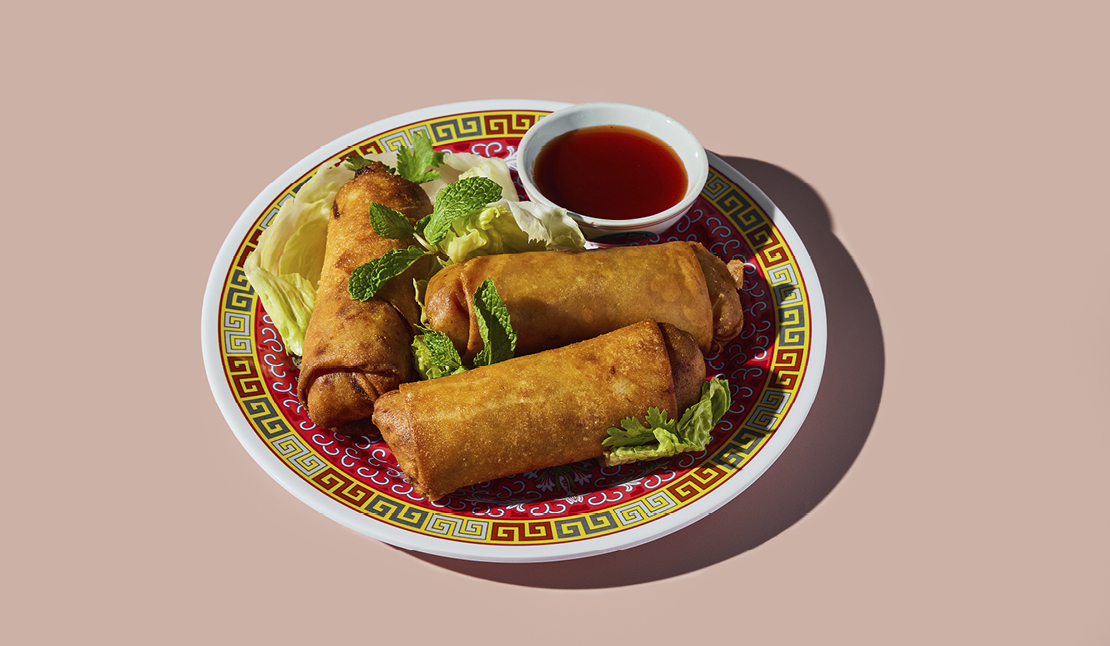
Where do you see your restaurant portfolio in the next five years? Do you envision expansion or any more new concepts?
Currently, we have three fully functioning, unique brands and menus running in Dubai: Jun’s, Little Jun’s at Time Out Market, and Jooksing. My long-term goals for the restaurant and personal career are simply to continue to cook food that I enjoy cooking and to hopefully have a full restaurant. That is for me what defines success. I only want to continue to improve my technique, to improve and refine my skills while cooking things that I love to eat and be able to provide that same experience to all of my guests and do the best and cook the best that I can. That being said, we’re always pushing ourselves as a group, and we might just have a tiny project close to my heart in the works that I hope everyone will really enjoy soon.
How do you see Dubai evolving as a global food capital, and what role do you hope to play in that journey?
Dubai is evolving rapidly into one of the world’s most exciting culinary destinations. It’s no longer just a place where international brands open outposts, and it’s now a city where original concepts are born, where local talent is celebrated, and where diners are hungry for bold, creative, and world-class experiences. The city is starting to shape its own culinary identity, driven by a mix of global influences and a growing emphasis on sustainability, seasonality, and storytelling.
My hope is to contribute to that evolution by continuing to push the boundaries of what dining in Dubai can be. Through Jun’s, we’re telling a very personal, Third Culture story that combines technique, nostalgia, and innovation. I see my role as not just cooking great food, but mentoring the next generation of chefs, building sustainable systems, and helping to make Dubai a place where original voices and diverse cuisines can thrive.
Finally, what advice would you give to young chefs dreaming of opening their own restaurant?
Don’t rush the process. The time you get with a mentor, inside the kitchen and inside the business operation, is invaluable. You’re never too old to start a business, so take the time to learn all aspects before jumping in.


